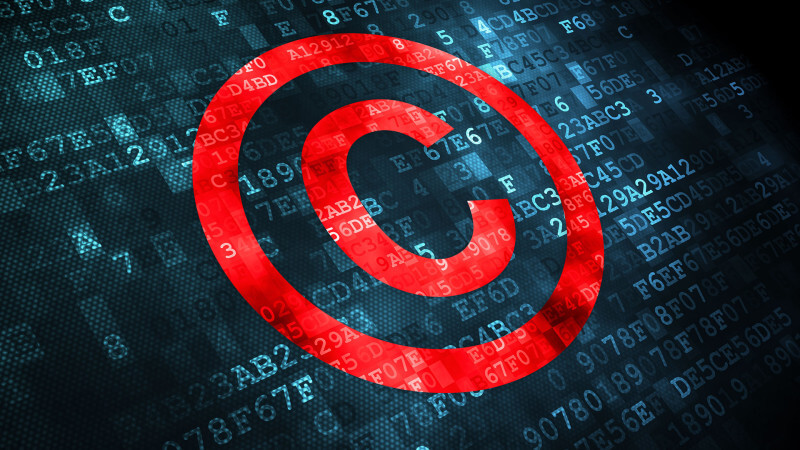The European Parliament still adopted amendments to EU copyright law

On March 26, the European Parliament adopted amendments to the EU legislation, according to which Google and other technology companies will be obliged to remove any content whose distribution in any way violates copyrights - a company or an individual. True, these rules will not affect those organizations that were founded less than three years ago and earn less than 10 million annual profits, plus whose audience does not exceed 5 million users per month.
Moreover, the amendments will come into force under a single condition - all countries that are members of the European Union must approve them. Nevertheless, if these amendments are still adopted, they can drastically change the situation in the online media market, search engines and other resources that use someone else’s content.
It was decided to adopt the amendments for the reason that copyright issues in the EU are currently regulated by laws adopted in 2001 - then the Internet, as we know it, has just begun to take shape. Also then there was no news aggregators like Google News. European officials considered it all sufficient to begin the modernization of legislation relating to the protection of copyright.
')
Most of all the problems are caused by the intention of the legislators to introduce a norm according to which news aggregators must pay for displaying news snippets with information broadcast from various sources. The modification of the law concerns not only Google News, but also Facebook, as well as other platforms. The corresponding wording is spelled out in Article 11 of the law.
Another problem is the 17th article. According to it, the owner of the Internet platform is responsible for copyright infringement for the posted illegal content from the moment it is downloaded. To combat unlicensed content, it is proposed to introduce specialized filters (Upload Filter).
Beneficiaries of the amendments are the largest publishing houses. By the way, they are the ones who lobby for a change in copyright law, telling that platforms like Google News are made using the work of others and the intellectual property of publishing houses. No money from Google or other online publishing companies receive. Accordingly, publishing houses are planning to use online legislation to force online aggregators or social networks to pay.
True, not all copyright holders agree with this position. For example, small companies believe that Internet corporations and their services like the ones mentioned above help to get an audience, the size of which is much larger than that which small online media could receive without news aggregators.
What is Upload Filter
So they decided to call specialized software that, when users download content, check the legality of using such content. In fact, the films check for possible copyright infringements. If there is a violation, the filters are designed to eliminate it. So, filters can prevent the situation with downloading unlicensed content, as well as with its appearance on major online platforms.
True, the filter implementation program has many opponents. They indicate that the filter is not a person, the program cannot recognize ordinary quotes, memes and parodies, considering all this to be a violation of copyright. Plus, only large companies can install filters; small organizations cannot afford it.
Opponents of the amendments to copyright law also believe that the filters are the last step of the EU government to prepare for the introduction of censorship. Representatives of the European Court of Justice spoke about this danger back in 2012.
What else could be the consequences
The problem is that relatively small online media can lose a significant proportion of users in the event that amendments are adopted. For example, in Germany, Google tried to make pay for the news a few years ago. True, after the service left the country, its authors abruptly changed their mind, heeding the complaints of the German media, which lost a very significant audience.
The amendments stated that online resources that use someone’s content (music, lyrics, etc.) should ensure the formation of a “fair price” for the content provider. But it does not specify what a “fair price” is and how this bill will be implemented.
Whatever the final decision on the modernization of copyright in the European Union yet. As mentioned above, the amendments must approve all countries that are members of the EU. If everything goes smoothly and all states agree, it will take about two years to implement the new rules.
Source: https://habr.com/ru/post/445478/
All Articles